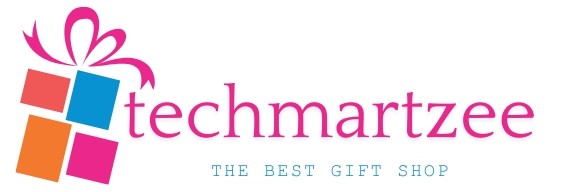Blockchain technology, once synonymous solely with cryptocurrencies like Bitcoin and Ethereum, has evolved far beyond its initial confines. Today, it stands as a revolutionary framework with the potential to transform a myriad of industries, offering unprecedented security, transparency, and efficiency. This article delves into how blockchain is reshaping sectors such as finance, healthcare, supply chain management, and more, heralding a new era of digital innovation.
Decentralization: The Core of Blockchain
At its heart, blockchain is a decentralized ledger technology (DLT), which records transactions across multiple computers in a way that ensures security and immutability. This means that once data is entered into the blockchain, it is nearly impossible to alter, providing a foundational level of trust and reliability unseen in previous systems.
Finance and Banking Revolutionized
Beyond cryptocurrencies, blockchain is making significant inroads into the traditional banking and finance sectors. By enabling secure, swift, and cost-effective transactions, blockchain technology is poised to reduce the need for intermediaries such as banks and clearinghouses. Projects like Ripple are at the forefront, facilitating cross-border payments in real-time, a stark contrast to the traditional days-long processes.
Supply Chain Transparency and Efficiency
Blockchain’s immutable ledger offers unparalleled transparency and traceability in supply chains. By recording every step of a product’s journey from manufacture to sale, blockchain technology combats counterfeiting and ensures the authenticity of products. Companies like IBM are leveraging blockchain to create more transparent and efficient supply networks, enhancing consumer trust and streamlining operations.
Healthcare Data Management
In healthcare, blockchain promises to revolutionize data management and security. By providing a secure platform for storing and sharing patient data, blockchain can significantly enhance the interoperability of health information systems. This leads to improved patient outcomes, reduced costs, and a higher degree of data privacy and security.
Voting Systems and Governance
Blockchain holds the potential to transform voting systems, making them more secure, transparent, and accessible. By recording votes on a blockchain, the technology can eliminate fraud, ensure voter privacy, and enable real-time, tamper-proof election results. Countries and organizations are exploring blockchain-based voting to enhance democratic processes.
Intellectual Property and Content Distribution
For artists, musicians, and content creators, blockchain offers a new paradigm for intellectual property protection and revenue distribution. Through smart contracts, creators can automate royalty payments and ensure their rights are protected across the digital landscape. Platforms like Mycelia are pioneering these solutions, empowering creators like never before.
Real Estate and Asset Management
Blockchain technology simplifies real estate transactions by reducing paperwork, speeding up the process, and cutting costs. Smart contracts can automate property sales, lease agreements, and more, making real estate transactions more efficient and less prone to fraud.
Challenges and Future Directions
Despite its potential, blockchain technology faces challenges such as scalability, regulatory hurdles, and energy consumption, particularly in the case of proof-of-work (PoW) cryptocurrencies. However, innovations like proof-of-stake (PoS) and hybrid models are addressing these concerns, paving the way for broader adoption.
FAQs
Q1: Is blockchain technology secure?
A1: Yes, blockchain is inherently secure due to its cryptographic hashing and decentralization. It is designed to be tamper-evident and resistant to modification of data.
Q2: Can blockchain work without cryptocurrencies?
A2: Absolutely. While cryptocurrencies are the most well-known application, blockchain technology has numerous other uses across various industries, from supply chain management to healthcare.
Q3: What are smart contracts?
A3: Smart contracts are self-executing contracts with the terms of the agreement directly written into lines of code. They automatically enforce and execute the terms of a contract when predetermined conditions are met.
Conclusion
Blockchain technology is steadily moving beyond its cryptocurrency origins, offering a host of solutions to real-world problems across various industries. Its promise of increased security, transparency, and efficiency has the potential to bring about significant changes in how we conduct transactions, manage data, and interact with digital systems. As the technology matures and overcomes existing challenges, we can expect to see even more innovative applications that will continue to unchain blockchain’s potential.
